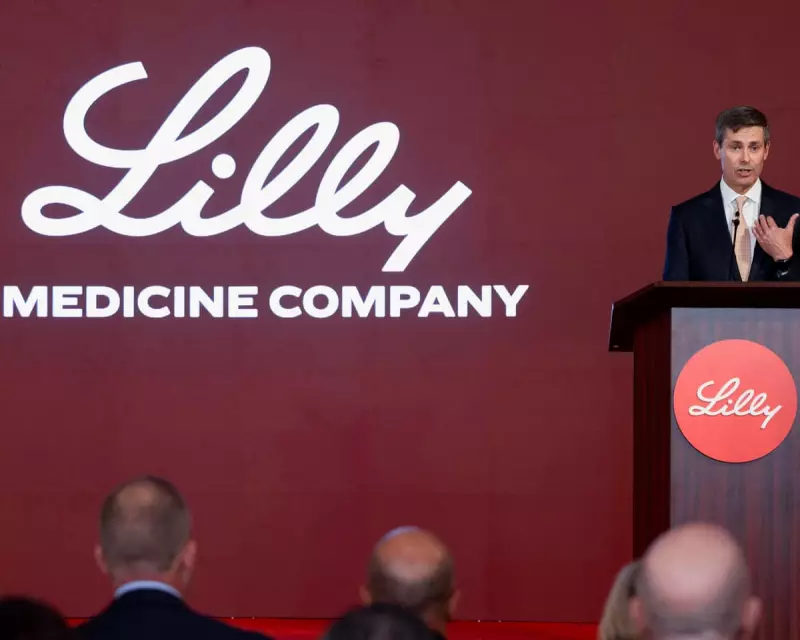
Britain has been branded the most difficult country in Europe for pharmaceutical pricing by American drugmaker Eli Lilly, creating significant barriers to patient access for groundbreaking medications.
"Not Sustainable for Innovation"
In a startling revelation, the pharmaceutical giant behind weight-loss treatment Mounjaro has declared the UK's pricing environment "the worst in Europe." The company's chief financial officer, Anat Ashkenazi, stated that the current system is "not sustainable for innovation" during an investor conference in New York.
The criticism comes amid tense negotiations between Eli Lilly and the National Institute for Health and Care Excellence (NICE) regarding the availability of Mounjaro for type 2 diabetes patients through the NHS.
Patients Bear the Brunt
The stalemate means thousands of British patients are being denied access to innovative treatments readily available elsewhere in Europe. While Mounjaro received regulatory approval nearly two years ago, it remains inaccessible to NHS patients in England and Wales due to failed pricing agreements.
Eli Lilly emphasised that the UK's pricing mechanism has created "challenges" that directly impact their ability to supply new medicines. The company noted that similar issues don't exist in other European markets where they operate successfully.
Broader Industry Concerns
This isn't an isolated case. The pharmaceutical industry has repeatedly raised concerns about the UK's Voluntary Scheme for Branded Medicines Pricing and Access. Many companies argue that the system's effective tax on drug sales discourages investment and delays patient access to cutting-edge treatments.
The Department of Health and Social Care maintains that their approach ensures "value for money" for taxpayers while supporting a competitive pharmaceutical industry. However, industry leaders counter that the current system prioritises short-term savings over long-term medical innovation.
What This Means for British Patients
- Delayed access to innovative diabetes and obesity treatments
- Potential widening health inequality compared to European neighbours
- Risk of the UK becoming a lower priority for new drug launches
- Long-term impact on NHS ability to provide cutting-edge care
The standoff highlights the delicate balance between controlling healthcare costs and ensuring patients benefit from medical advancements. With pharmaceutical companies increasingly vocal about their frustrations, the pressure is mounting for policymakers to find a solution that serves both British patients and medical innovation.





